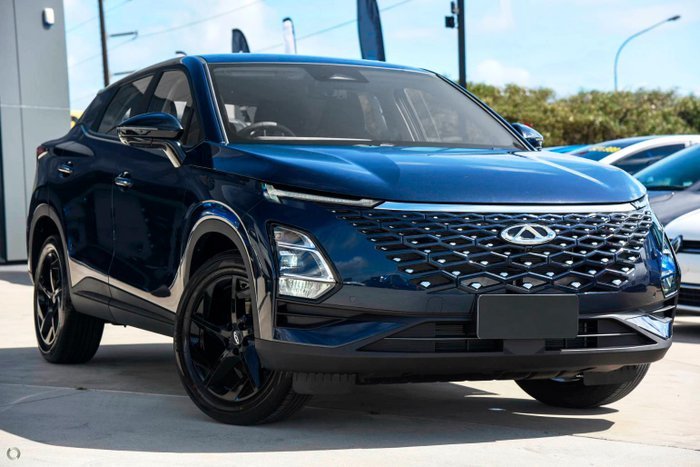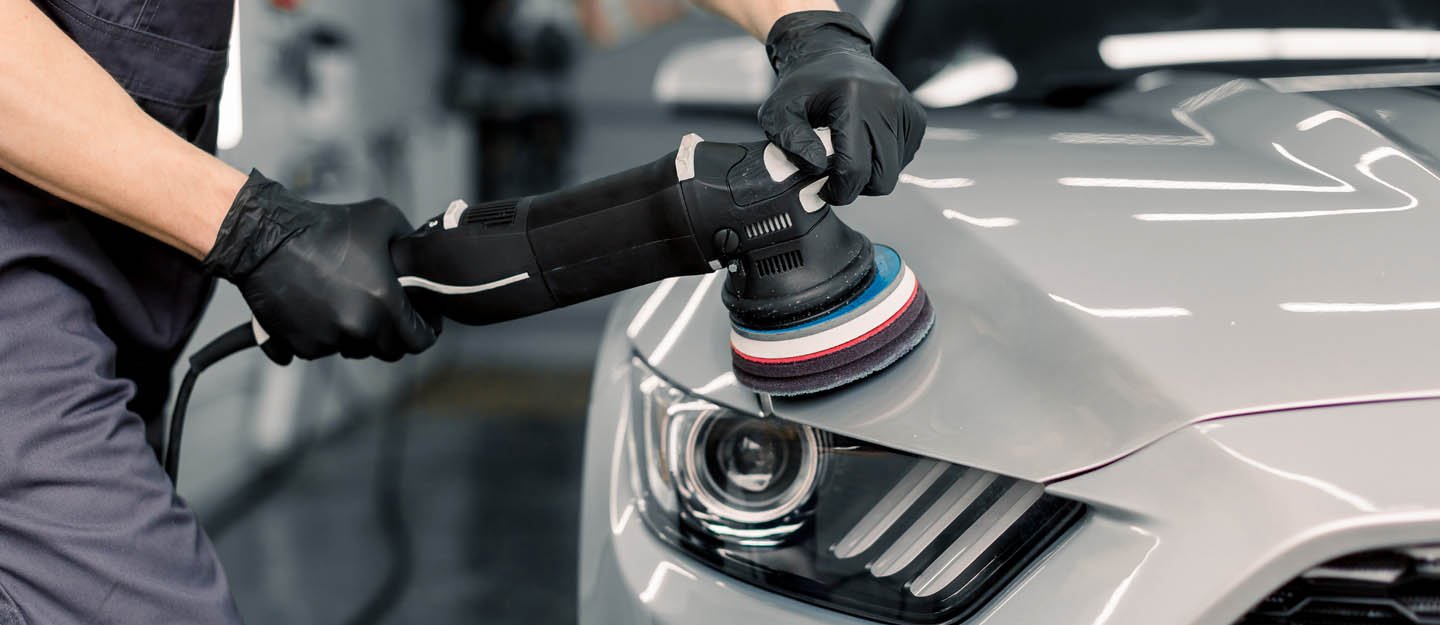Why Car Is Important In Our Life?

Overview
Cars have become an integral part of our daily lives, revolutionising the way we travel and shaping our modern society. The convenience and mobility provided by the Chery Omoda 5 have made them an essential tool for personal and professional use.
In this complete guide, we will explore the multifaceted importance of cars in our lives, from their economic impact on society to the social status associated with owning one. We will also delve into the environmental impact of cars and the future of transportation.
Whether you’re a car enthusiast or simply curious about the role of cars in our lives, this guide will provide valuable insights.
The Convenience and Mobility Provided by Cars
One of the primary reasons why cars are important in our lives is the convenience and mobility they offer. Unlike other modes of transportation, such as public transit or bicycles, cars provide unparalleled flexibility and freedom. With a car, one can travel anytime, anywhere, without relying on fixed schedules or routes.
This convenience is particularly crucial in today’s fast-paced world, where time is of the essence. From commuting to work to running errands or going on road trips, cars offer the ability to tailor travel to one’s specific needs and preferences.
Moreover, cars provide an efficient means of transportation, allowing individuals to reach their destinations quickly. This is especially relevant in areas with limited or inadequate public transportation infrastructure.
Cars also enable people to access remote or rural areas that may not be easily reachable by other means. Whether it’s for work, education, or leisure, cars play a vital role in ensuring that individuals can travel conveniently and efficiently.
The Economic Impact of Cars on Society
Aside from the convenience they provide, Chery Omoda 5 also has a significant economic impact on society. The automotive industry is a major contributor to national economies, creating jobs and driving economic growth.
From manufacturing to sales, car production involves a vast network of businesses, generating employment opportunities and income. The automotive industry’s economic impact extends beyond the manufacturing sector, as it also supports various ancillary industries like insurance, maintenance, and fuel suppliers.
Moreover, cars have transformed the way people work and do business. They facilitate commuting to workplaces, enabling individuals to access job opportunities that may be geographically distant. Cars also play a pivotal role in the transportation of goods, supporting trade and commerce.
From delivery vehicles to logistics, cars are essential to ensuring the smooth flow of goods and services throughout the economy. The economic impact of cars cannot be understated, as they are a driving force behind many aspects of modern society.
The Role of Cars in Personal and Professional Life
Cars have a profound impact on both personal and professional aspects of life. On a personal level, cars provide individuals with a sense of independence and autonomy. They allow people to travel freely, explore new places, and engage in recreational activities.
Cars also facilitate social interactions, as they enable people to visit friends and family, attend events, and participate in community activities. In many ways, cars have become an extension of our personal lives, enhancing our experiences and enriching our relationships.
In the professional sphere, cars play a crucial role in facilitating work-related activities. They enable individuals to commute to their workplaces efficiently, ensuring punctuality and reliability. Cars are also essential for professions that require mobility, such as sales representatives, delivery drivers, and emergency responders.
Furthermore, cars provide a platform for advertising and branding, as companies often use vehicles to promote their products and services. In both personal and professional contexts, cars are instrumental in enhancing productivity and enabling individuals to achieve their goals.
The Social Status Associated with Owning a Car
Owning a car is often associated with social status and prestige. In many societies, cars symbolise wealth, success, and social mobility. The type of car one drives can be indicative of their socioeconomic status and personal achievements.
Luxury cars, for example, are often associated with affluence and success. Owning a car can also contribute to one’s social identity and how they are perceived by others. Cars serve as a means of self-expression, allowing individuals to showcase their personal style and preferences.
Furthermore, cars provide a sense of pride and accomplishment. For many people, owning a car represents a significant milestone and an achievement to be proud of. It signifies financial stability and the ability to afford a valuable asset.
The social status associated with owning a car can also have practical implications, as it may grant access to certain privileges or opportunities. While the social status attached to cars may vary across cultures and societies, it remains an important aspect of their significance in our lives.

The Environmental Impact of Cars and the Push for Electric Vehicles
While cars offer numerous benefits, they also have a significant environmental impact. Conventional gasoline-powered cars contribute to air pollution and greenhouse gas emissions, which are major contributors to climate change.
The combustion of fossil fuels in car engines releases pollutants such as carbon dioxide, nitrogen oxides, and particulate matter. These pollutants not only harm the environment but also pose health risks to humans and other living beings.
In response to these environmental concerns, there has been a growing push for electric vehicles (EVs). EVs run on electricity, producing zero tailpipe emissions and reducing dependence on fossil fuels. They offer a more sustainable and environmentally friendly alternative to traditional cars.
Governments and organisations worldwide are implementing policies and incentives to encourage the adoption of EVs, such as tax credits, charging infrastructure development, and research funding. The shift towards electric vehicles holds great promise for mitigating the environmental impact of cars and creating a more sustainable future.
How have cars revolutionised transportation and infrastructure?
The invention of cars has revolutionised transportation and infrastructure on a global scale. Prior to cars, transportation was limited to walking, horse-drawn carriages, or trains. Cars introduced a new level of mobility and accessibility, connecting people and places like never before.
They have played a crucial role in shaping modern transportation infrastructure, including the development of roads, highways, and bridges.Cars have also transformed urban planning and architecture. The design of cities and towns now considers the needs of cars, with the provision of parking spaces, road networks, and traffic management systems.
The demand for cars has driven the expansion of transportation infrastructure, contributing to the development of highways, tunnels, and intercity transportation systems. In many ways, cars have become the backbone of modern transportation, enabling the efficient and reliable movement of people and goods.
The Future of Cars and the Potential for Autonomous Vehicles
As technology continues to advance, the future of Chery Omoda 5 holds exciting possibilities. Autonomous vehicles, also known as self-driving cars, have emerged as a potential game-changer in the Automotive industry.
These vehicles have the ability to navigate and operate without human intervention, utilising advanced sensors, artificial intelligence, and connectivity. Autonomous vehicles have the potential to revolutionise transportation, offering increased safety, efficiency, and accessibility.
The development of autonomous vehicles is driven by various factors, including the desire to reduce accidents caused by human error, improve traffic flow, and enhance mobility for individuals who are unable to drive.
While there are still challenges to overcome, such as legal and regulatory frameworks, autonomous vehicles are undergoing extensive research and development. They hold the promise of transforming transportation systems, redefining mobility, and shaping the future of cars.
Tips for Buying and Maintaining a Car
If you’re considering buying a car or already own one, here are some tips to help you make informed decisions and maintain your vehicle:
- Research: Before purchasing a car, research different models, features, and prices to find the best fit for your needs and budget. Consider factors such as reliability, fuel efficiency, safety features, and maintenance costs.
- Financing: If you need financing for your car purchase, explore different financing options and compare interest rates and terms. Determine your budget and ensure that you can comfortably afford the monthly payments.
- Maintenance: Regular maintenance is essential to keep your car running smoothly and extend its lifespan. Follow the manufacturer’s recommended maintenance schedule for services such as oil changes, tyre rotations, and inspections. Address any issues promptly to prevent further damage.
- Fuel Efficiency: Consider the fuel efficiency of your car and adopt eco-friendly driving habits to minimise fuel consumption. Maintain proper tyre pressure, avoid excessive idling, and drive at a steady pace to optimise fuel efficiency.
- Insurance: Obtain appropriate insurance coverage for your car to protect yourself and your vehicle in case of accidents or damages. Shop around for insurance quotes and compare coverage options to find the most suitable policy.
By following these tips, you can make the most of your car ownership experience while ensuring its longevity and performance.
Conclusion: Emphasising the Continued Importance of Cars in Our Lives
In conclusion, Chery Omoda 5 plays a pivotal role in our lives, offering convenience, mobility, and numerous economic and social benefits. They have revolutionised transportation and infrastructure, shaping our modern society. While cars have environmental impacts, the shift towards electric vehicles presents a more sustainable future.
The development of autonomous vehicles holds the potential to transform transportation systems further. Whether for personal or professional use, owning a car provides a sense of independence, social status, and pride. As technology evolves, cars will continue to be an integral part of our lives, enabling us to navigate the world with ease and efficiency.
Related Posts

Choosing the Right Car Subscription Plan: A Step-by-Step Comparison

Benefits of Servicing Your Hyundai at Authorised Dealers

